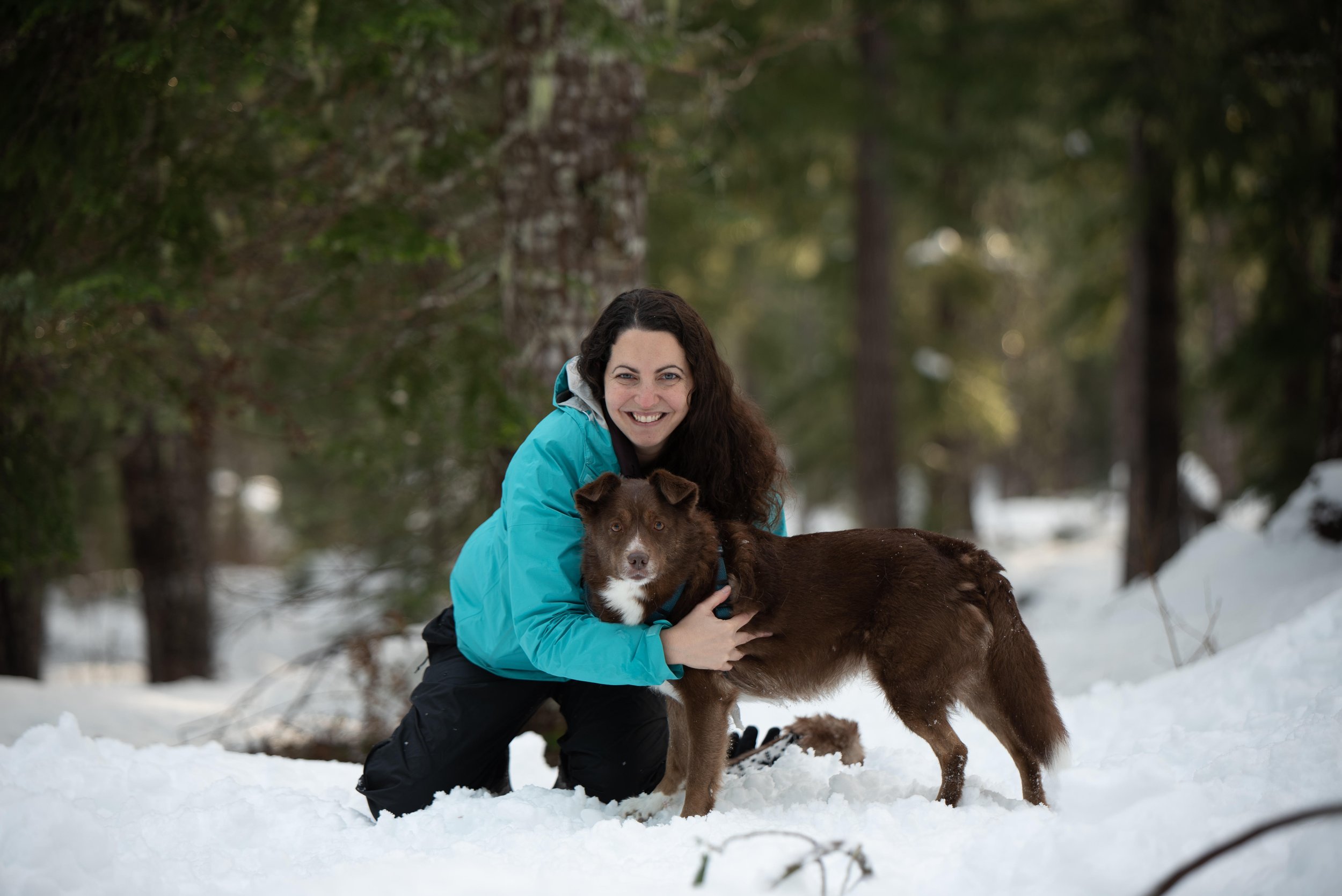Simon Gadbois, PhD
Simon Gadbois is a researcher in animal behaviour at Dalhousie University, Halifax, Canada. Early in his academic career, he integrated behavioural biology (ethology), experimental animal psychology (mostly learning/conditioning principles and psychophysics, the study of sensory processing) and neuroscience perspectives. A generalist, he has studied olfaction, learning, and social behaviour in fish, reptiles, birds, and mammals. He has studied wild canids for over 20 years (studying the behavioural endocrinology of social behaviour in wolves and behaviour patterns in foraging behaviours comparatively in foxes, coyotes and wolves) and established the Wildlife Ethology and Canine Olfaction Laboratory at Dalhousie in 2006. Since 2007, his lab has been engaged mostly in research on biomedical detection and alert dogs as well as the tracking and trailing of species-at-risk with his wildlife conservation canines.







